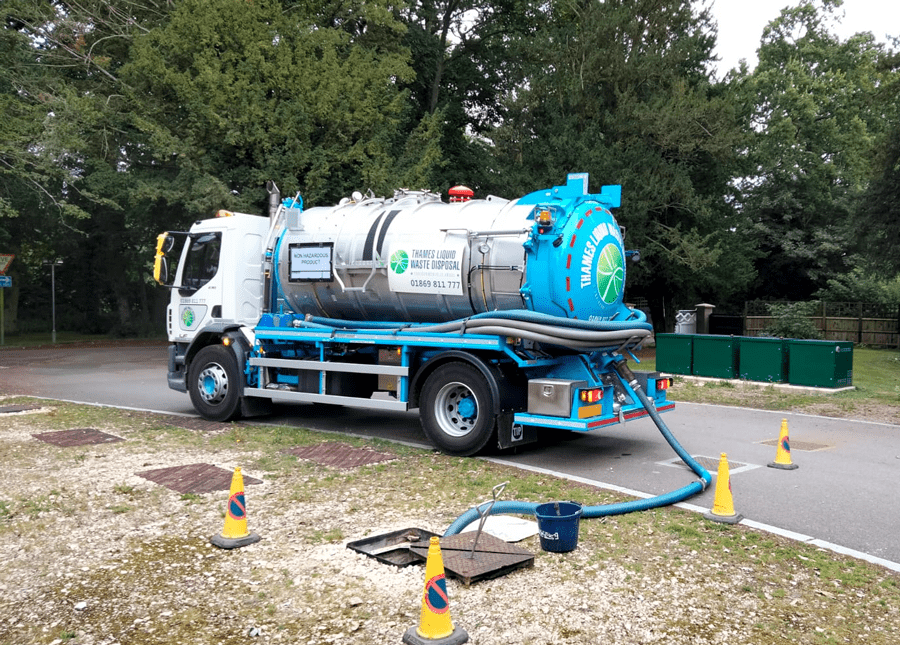5 Simple Techniques For Reclaim Waste
5 Simple Techniques For Reclaim Waste
Blog Article
Examine This Report about Reclaim Waste
Table of ContentsThe 3-Minute Rule for Reclaim Waste10 Easy Facts About Reclaim Waste DescribedThe Buzz on Reclaim WasteNot known Facts About Reclaim WasteThe 7-Second Trick For Reclaim Waste
Domestic sewer waste refers to the waste and products from a household septic container. The proper administration and disposal of residential sewer waste need fluid waste to be transferred to a sewage therapy plant where the correct approaches and equipment are used to cleanse and dispose of waste.
Business waste frequently consists of potential risks, such as combustible products or a combination of liquid and solid waste products, and requires a much more innovative and thorough disposal process. The disposal of business waste commonly includes the purification of waste prior to transport to make certain risk-free and correct disposal. Hazardous waste is developed from byproducts and runoff of commercial procedures and production.
This type of waste can not utilize the exact same sewer management transportation or procedures as septic or business fluids. The hazardous waste monitoring procedure requires the inspection and screening of fluid waste prior to it undertakes the disposal procedure (liquid waste removal). Overflow waste is the fluid waste that originates from overflow and excess stormwater in highly inhabited areas or cities
Overflow waste can create contamination and flooding otherwise handled appropriately. Discover more concerning sewage system cleansing and waste monitoring. Making sure appropriate waste monitoring can prevent calamities and reduce environmental harm. Both people in household setups and experts in industrial or production industries can take advantage of understanding the processes and guidelines of fluid waste management.
Our Reclaim Waste Statements
Call PROS Providers today to learn more about our waste monitoring and disposal solutions and the appropriate means to take care of the fluid waste you produce.
(https://boom-fruit-496.notion.site/Industrial-Wastewater-Treatment-The-Key-to-a-Cleaner-Greener-Future-13c9fdbb2e9380eca32fee3a79088ddf?pvs=4)This so-called 'wastewater' is not only a vital resource however, after treatment, will certainly be released to our land, waterways or the ocean. Used water from toilets, showers, bathrooms, cooking area sinks, washings and industrial processes is understood as wastewater.

water used to cool equipment or tidy plant and tools). Stormwater, a kind of wastewater, is drainage that streams from agricultural and urban locations such as roofing systems, parks, yards, roads, paths and seamless gutters into stormwater drains, after rain. Stormwater flows neglected directly to local creeks or rivers, at some point reaching the ocean.
6 Simple Techniques For Reclaim Waste
In Queensland, a lot of wastewater is treated at you can look here sewer treatment plants. Wastewater is delivered from domestic or industrial websites with a system of drains and pump terminals, known as sewerage reticulation, to a sewer therapy plant. Regional governments build, preserve and run most sewage treatment plants. Operators are licensed under the Environmental Management Act 1994 to release cured wastewater at an acceptable ecological criterion right into waterways.
The Department of Natural Resources encourages city governments regarding handling, operating and keeping sewerage systems and therapy plants. In unsewered areas, city governments may call for owners to install specific or family sewer treatment systems to treat residential wastewater from toilets, kitchen areas, restrooms and washings. The Department of Natural Resources authorizes the use of house systems when they are confirmed to be efficient.
The majority of stormwater obtains no treatment. In some brand-new neighborhoods, treatment of some stormwater to remove trash, sand and gravel has actually started utilizing gross toxin traps. Wastewater therapy takes place in four phases: Gets rid of strong matter. Larger solids, such as plastics and other objects incorrectly discharged to drains, are gotten rid of when wastewater is travelled through displays.
Wastewater after that streams right into huge tanks where solids work out and are gotten rid of as sludge. Oil and residue are skimmed from the surface area. Uses small living organisms called micro-organisms to break down and eliminate staying liquified wastes and great particles. Micro-organisms and wastes are integrated in the sludge. Removes nitrogen and phosphorus nutrients that might cause algal flowers in our rivers and intimidate water life.
Our Reclaim Waste Diaries
Nutrient removal is not readily available at all sewer therapy plants due to the fact that it calls for costly specialized equipment. Clear fluid effluent produced after treatment may still include disease-causing micro-organisms - industrial wastewater treatment.

This generally means wastewater has to be treated or impurities eliminated prior to it can be released to waterways. A lot of wastewater streams right into the sewerage system. Under the Act, neighborhood federal governments carry out approvals and licences for eco appropriate activities (Periods) involving wastewater releases that may have a neighborhood impact. The division provides approvals and permits to Periods including wastewater releases that may have a local or statewide influence.
The Single Strategy To Use For Reclaim Waste
Or else, samples are considered lab analysis. Commonly several tests are required to establish the degrees of each of the various pollutants such as oils, hefty metals and pesticides in water. Monitoring provides factual details about water top quality and can verify that permit problems are being fulfilled. The info acquired with monitoring supplies the basis for making water top quality choices.
Report this page